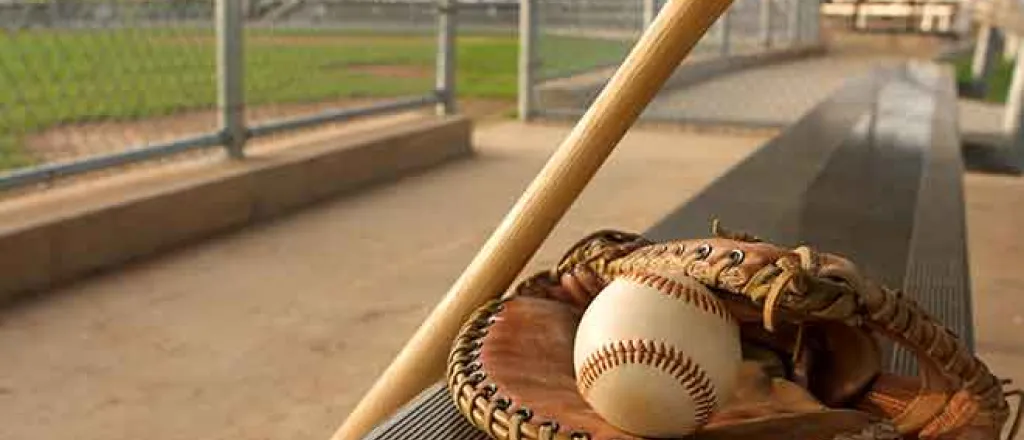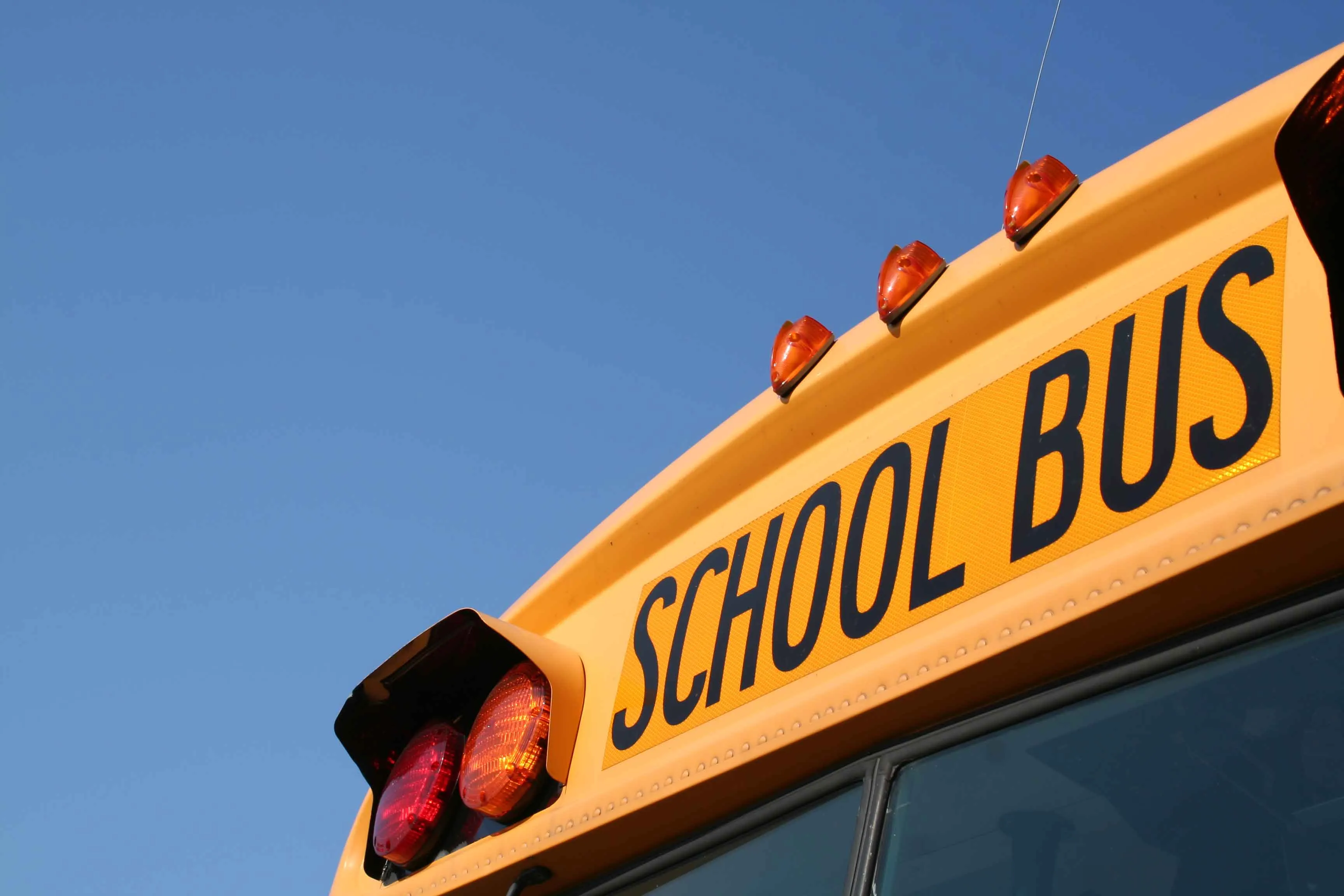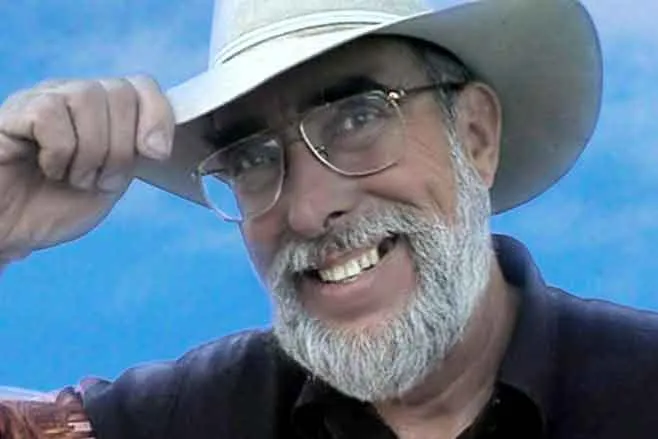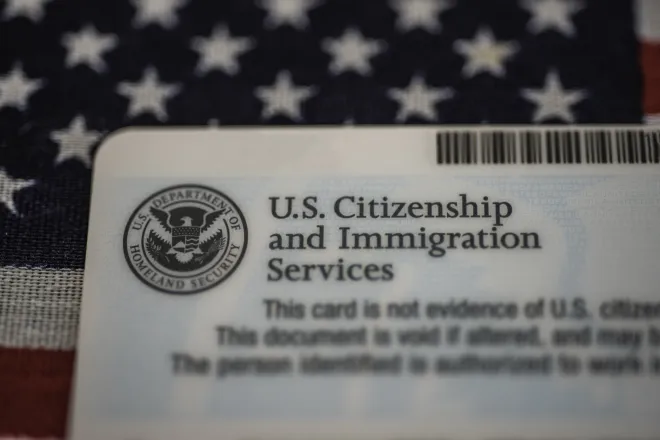
Economist: Kansas City Royals' economic impact claims for new $2B stadium complex 'not credible'
(The Center Square) — When the Kansas City Royals publicly addressed their desire to have a new $2 billion ballpark complex built with a stadium district surrounding it, team CEO John Sherman’s note included numbers on the potential impact on the local economy.
Sherman said that the team will be looking for a new stadium to replace Kauffman Stadium when the team’s lease expires in 2031 for the proposed stadium complex.
"The renovations required at The K to achieve our objectives would cost as much or more than the price tag to develop a new ballpark," Sherman said. "A new home would be a far better investment, both for local taxpayer dollars already supporting our facility, and for the Kansas City community."
Sherman also said in the letter that the team wouldn't ask Jackson County citizens to contribute any more tax dollars than they already do and that team officials want "input and engagement, as a community" on the potential stadium project.
Kansas City Mayor Quinton Lucas said the city contributes about $2 million from its general fund to the stadium toward upkeep of the stadium. He also said negotiations will occur in the future but he expects that number to rise in the future, with the big questions being what is asked of Kansas City, Jackson County and Missouri in terms of public funding. He expects the team to ask for a sales tax extension of the current 3/8ths cent stadium sales tax for all sales in Jackson County to use on the new stadium.
In his letter, Sherman then presented economic impact numbers that were not attributed to any entity. Economists have studied new stadium projects and stadium districts and nearly all of the research has shown that those projects do not bring the promised impact to a community, region or state.
"The economic impact claims made by Kansas City's owner are not credible, and no one should take them seriously," said sports economist J.C. Bradbury of Kennesaw State University in Georgia. "They are nothing more than propaganda intended to support requests for taxpayer assistance."
The Royals claim a new ballpark would create $185 million in additional economic impact in its first year with $60 million in new taxes collected in its first 10 years.
"Economists have studied the economic effects of stadiums extensively finding little to no impacts on host economies," Bradbury said. "There is universal agreement among economists that stadiums are not economic development catalysts. It's why stadium subsidy supporters have to pay consultants to concoct these bogus numbers."
Bradbury has thoroughly studied The Battery and Truist Park, the new stadium that opened for the Atlanta Braves in 2017. He also has worked on a study compiling economic studies of a wide range professional sports stadiums and complexes across the country that showed the same results.
Those studies have shown that claims by Royals' leadership of $500 million in annual economic output from the stadium complex will not happen. Instead, spending at new stadiums and stadium complexes have shown to be spending diverted from other areas of a city or region, not new money.
Bradbury believes it is a disservice to taxpayers when new outlets report those numbers and claims unchecked.
"I have a hard time understanding why mainstream news outlets continue to report numbers that were obviously contrived to sway public and policymaker decisions," Bradbury said. "To suggest that a stadium, or stadium district, will have dramatic economic effects is akin to stating that vaccines cause autism. It's junk science that shouldn't be reported uncritically by the media."
















